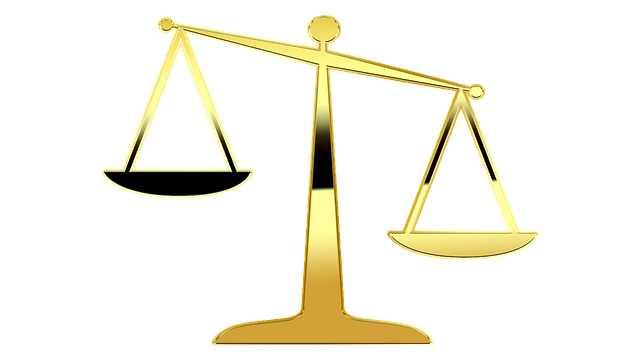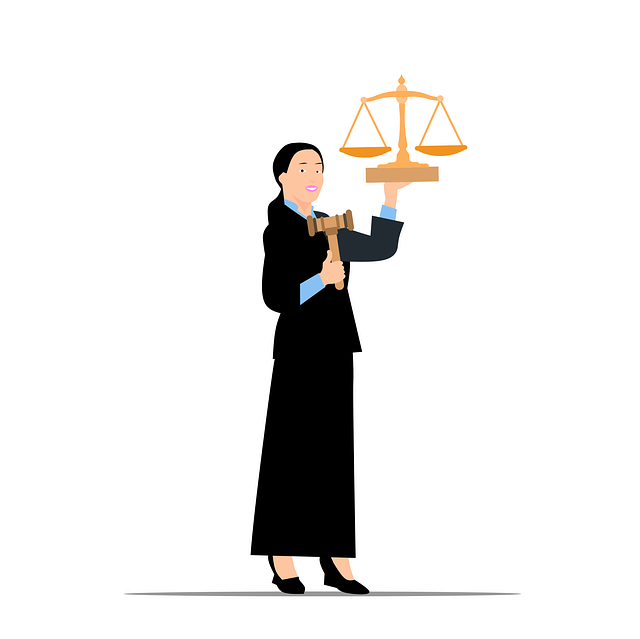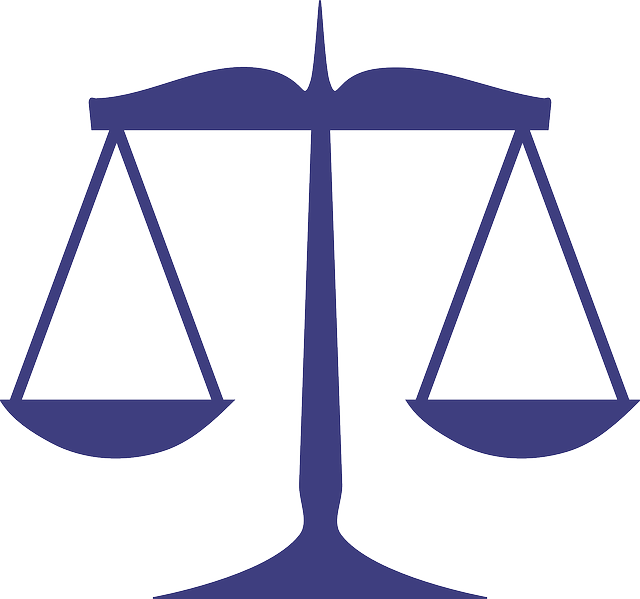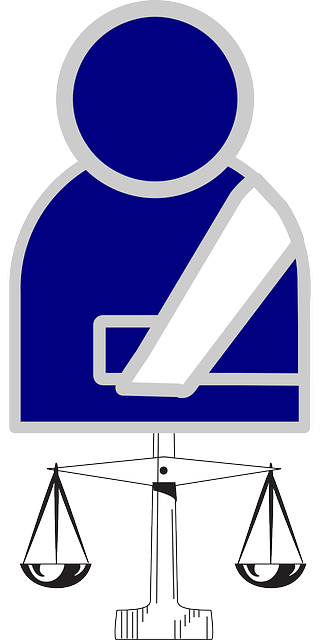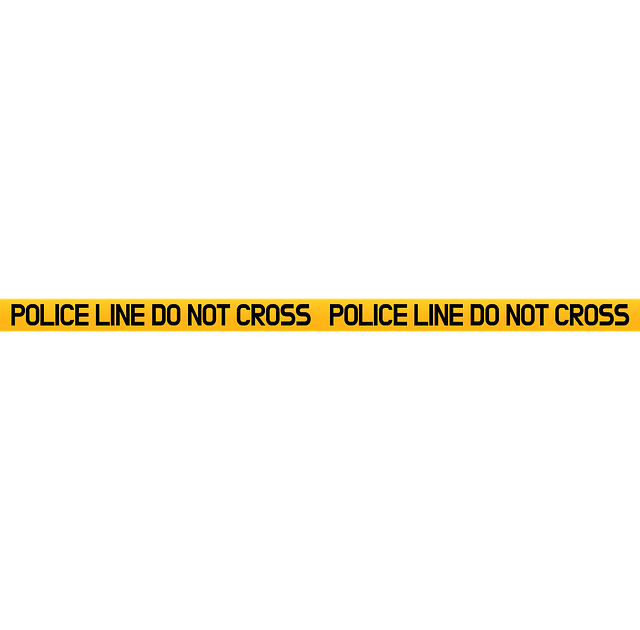Whistleblower protection laws, varying by region, safeguard individuals who expose illegal or unethical activities within organizations from retaliation. When considering filing an employment law complaint, understanding these protections is crucial as they promote transparency and accountability. The process begins with gathering evidence and documenting instances of retaliation or violation. It involves determining jurisdiction, consulting a specialized attorney, and engaging in post-filing procedures including legal document exchange, hearings, and potential mediation or trial. Attorneys guide individuals through complexities, protecting their rights and legal standing while avoiding indictment for reporting white-collar and economic crimes.
“Whistleblower protection lawsuits play a pivotal role in upholding justice and accountability within organizations. This article guides you through the intricate process, offering a comprehensive understanding of whistleblower protection laws and their far-reaching impact on employment practices. We’ll break down the crucial steps to file an employment law complaint, from recognizing retaliation to navigating post-filing procedures. By demystifying these processes, we empower individuals to stand up for ethical conduct in the workplace.”
- Understanding Whistleblower Protection Laws and Their Reach
- The Steps Involved in Filing an Employment Law Complaint
- Post-Filing Procedures: What to Expect and Your Rights
Understanding Whistleblower Protection Laws and Their Reach

Whistleblower protection laws are designed to safeguard individuals who expose illegal or unethical activities within their organizations from retaliation. These laws vary by jurisdiction but generally provide a legal framework for employees to report wrongdoing without fear of losing their jobs or facing other adverse consequences. Understanding these protections is crucial when considering steps to file an employment law complaint.
The reach of whistleblower protection laws extends beyond financial compensation; they often include measures like ensuring a safe and fair work environment, reinstatement, and promotion opportunities. In the context of general criminal defense, those who come forward with valid information can even achieve a complete dismissal of all charges, given their cooperation and adherence to legal procedures. This unprecedented track record of success underscores the effectiveness of these laws in fostering transparency and accountability within businesses and institutions.
The Steps Involved in Filing an Employment Law Complaint

When considering legal action for a whistleblower protection lawsuit, understanding the steps to file an employment law complaint is crucial. The process begins with gathering evidence and documenting all instances where the whistleblower was retaliated against or their rights were violated. This includes any communication, reports, or records that detail the whistleblowing activity and subsequent actions taken by the employer.
Next, it’s essential to identify the respective jurisdiction for your case, as employment laws can vary significantly between states. Once this is established, you should consult with an attorney specializing in employment law, especially those with experience in handling high-stakes cases involving corporate and individual clients. They will guide you through the specific legal framework and help craft a compelling argument based on the unique circumstances of your situation.
Post-Filing Procedures: What to Expect and Your Rights

After filing a whistleblower protection lawsuit, individuals should be prepared for a series of post-filing procedures. During this phase, both parties—the plaintiff (whistleblower) and the defendant (the respective business or entity)—exchange legal documents and testimony. The court will schedule hearings to review the progress of the case, ensuring it moves efficiently. You have the right to be represented by an attorney throughout these proceedings, who can guide you in gathering evidence, preparing for depositions, and responding to discovery requests.
The process involves several steps to file an employment law complaint formally. This includes serving legal notices, engaging in negotiations or mediation if possible, and eventually proceeding to trial if a resolution isn’t reached. It’s crucial to understand your rights and the potential consequences during this time. Your attorney can help navigate these complexities, ensuring you take the appropriate actions to avoid indictment for reporting white-collar and economic crimes while protecting your own legal standing.
Whistleblower protection lawsuits play a vital role in fostering transparency and accountability within organizations. By understanding the reach of these laws and taking the necessary steps to file an employment law complaint, individuals can safeguard their rights and contribute to a fairer working environment. The process involves clear procedures, from initial reporting to post-filing support, ensuring that whistleblowers are protected throughout. Remember, knowing the Steps to File an Employment Law Complaint is empowering, enabling folks to navigate these laws effectively and make a positive impact on their workplaces.
